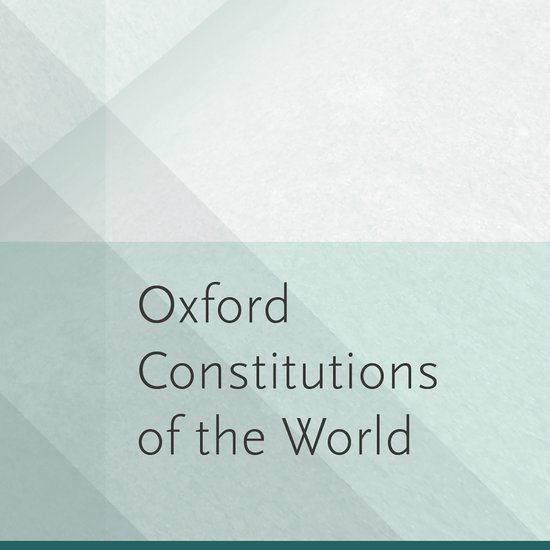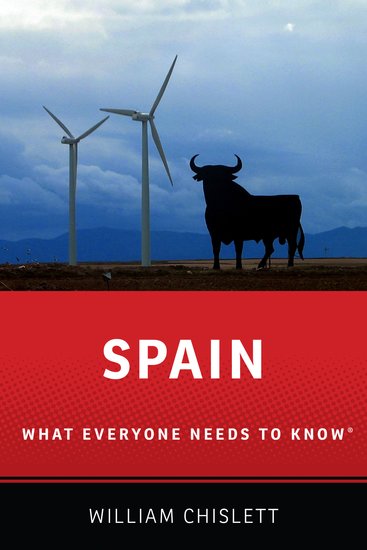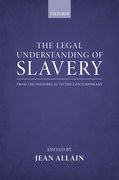By Jean Allain
Today is International Day for the Remembrance of the Slave Trade and its Abolition, established by UNESCO “to inscribe the tragedy of the slave trade in the memory of peoples”. That tragedy was the development of, in Robin Blackburn’s words, a “different species of slavery”. One that took the artisan slavery of old (consisting in the main of handfuls of slaves working on small estates or as domestic servants) and industrialised it, creating plantations in the Americas which fed the near insatiable appetite of Europeans for sugar, coffee, and tobacco.











